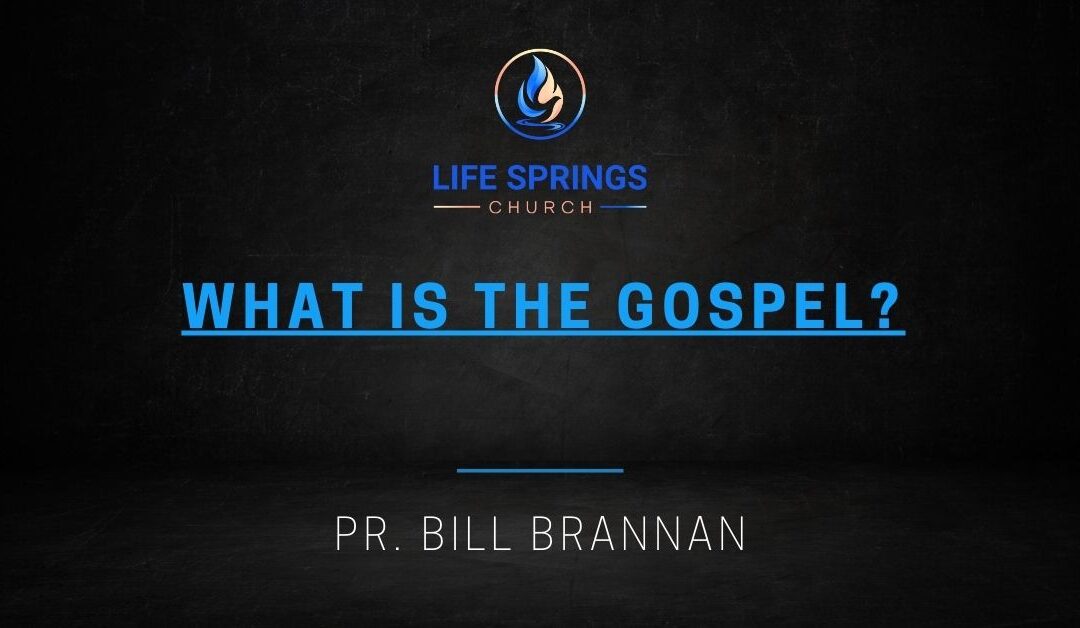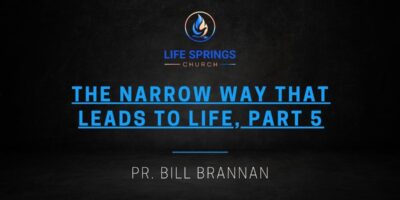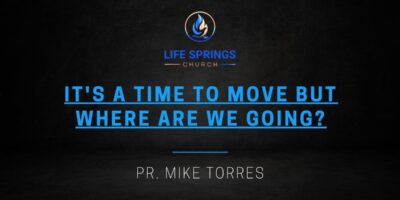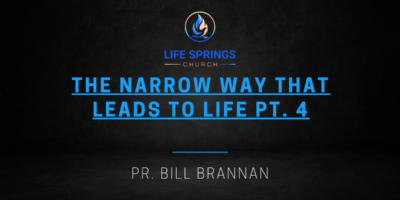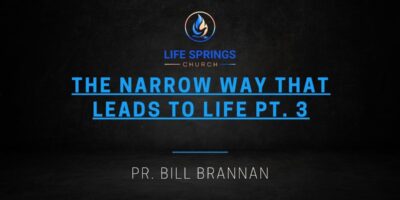What is the Gospel?
(Preaching Outline)
1) What is the gospel?
a) It seems reasonable to assert that one of the primary purposes of the church and of believers is to preach and share the gospel.
b) But, what is the gospel?
c) First, it is “good news”
d) Would it be fair to start with Jesus, as our teacher, to learn how to preach the gospel?
e) Matthew 4:23 (NKJV) — 23 And Jesus went about all Galilee, teaching in their synagogues, preaching the gospel of the kingdom, and healing all kinds of sickness and all kinds of disease among the people.
f) John 10:10 (NKJV) — 10 The thief does not come except to steal, and to kill, and to destroy. I have come that they may have life, and that they may have it more abundantly.
g) Matthew 4:17 (NKJV) — 17 From that time Jesus began to preach and to say, “Repent, for the kingdom of heaven is at hand.”
2) After we are told about Jesus preaching the gospel, the first example of His teaching is the sermon on the mount. For time’s sake, I only want to look at a few portions of it.
a) After the beatitudes are the similitudes – you are salt and light.
b) Matthew 5:16 (NKJV) — 16 Let your light so shine before men, that they may see your good works and glorify your Father in heaven.
c) Matthew 5:17–20 (NKJV) — 17 “Do not think that I came to destroy the Law or the Prophets. I did not come to destroy but to fulfill. 18 For assuredly, I say to you, till heaven and earth pass away, one jot or one tittle will by no means pass from the law till all is fulfilled. 19 Whoever therefore breaks one of the least of these commandments, and teaches men so, shall be called least in the kingdom of heaven; but whoever does and teaches them, he shall be called great in the kingdom of heaven. 20 For I say to you, that unless your righteousness exceeds the righteousness of the scribes and Pharisees, you will by no means enter the kingdom of heaven.
d) Five “you have heard it saids.”
i) Mark 7:6–7 (NKJV) — 6 He answered and said to them, “Well did Isaiah prophesy of you hypocrites, as it is written: ‘This people honors Me with their lips, But their heart is far from Me. 7 And in vain they worship Me, Teaching as doctrines the commandments of men.’
ii) Exodus 20:7 (NKJV) — 7 “You shall not take the name of the Lord your God in vain, for the Lord will not hold him guiltless who takes His name in vain.
iii) Rav (a 3rd century Jewish sage) praised Torah learning as the essence of living a life of faith. He opposed a false sense of religiosity that denied pleasure in life, teaching that “Each person is destined to give an account for all that his or her eye saw but has not eaten” (y. Kiddushin ch. 4, hal. 12, 66d). One will be judged not only for sins committed against Torah but also for pleasures in life that were neglected because of a false religious abstinence. The sense of joy in living comes from the creation. God created the world and pronounced His work good. Each person is responsible for enjoying the goodness of God and will be judged for seeing but not eating.[1]
e) Matthew 5:38–42 (NKJV) — 38 “You have heard that it was said, ‘An eye for an eye and a tooth for a tooth.’ 39 But I tell you not to resist an evil person. But whoever slaps you on your right cheek, turn the other to him also. 40 If anyone wants to sue you and take away your tunic, let him have your cloak also. 41 And whoever compels you to go one mile, go with him two. 42 Give to him who asks you, and from him who wants to borrow from you do not turn away.
3) Restoring a proper understanding of the Kingdom of God
a) Matthew 12:31–32 (NKJV) — 31 “Therefore I say to you, every sin and blasphemy will be forgiven men, but the blasphemy against the Spirit will not be forgiven men. 32 Anyone who speaks a word against the Son of Man, it will be forgiven him; but whoever speaks against the Holy Spirit, it will not be forgiven him, either in this age or in the age to come.
b) Exodus 20:8 (NKJV) — 8 “Remember the Sabbath day, to keep it holy.
4) The gospel
a) Romans 1:16–17 (NKJV) — 16 For I am not ashamed of the gospel of Christ, for it is the power of God to salvation for everyone who believes, for the Jew first and also for the Greek. 17 For in it the righteousness of God is revealed from faith to faith; as it is written, “The just shall live by faith.”
b) Jeremiah 31:33–34 (NKJV) — 33 But this is the covenant that I will make with the house of Israel after those days, says the Lord: I will put My law in their minds, and write it on their hearts; and I will be their God, and they shall be My people. 34 No more shall every man teach his neighbor, and every man his brother, saying, ‘Know the Lord,’ for they all shall know Me, from the least of them to the greatest of them, says the Lord. For I will forgive their iniquity, and their sin I will remember no more.”
[1] Young, Brad H.. Meet the Rabbis: Rabbinic Thought and the Teachings of Jesus (pp. 177-178). Baker Publishing Group. Kindle Edition.


